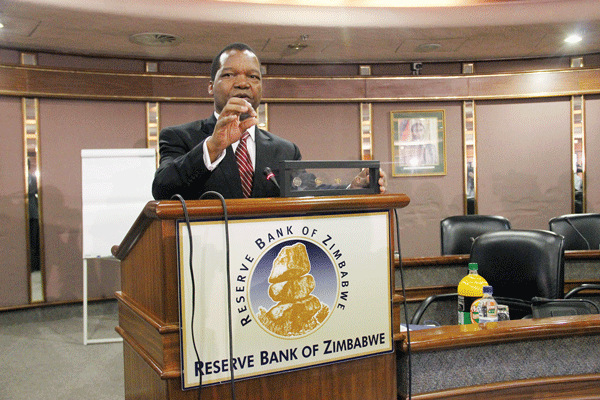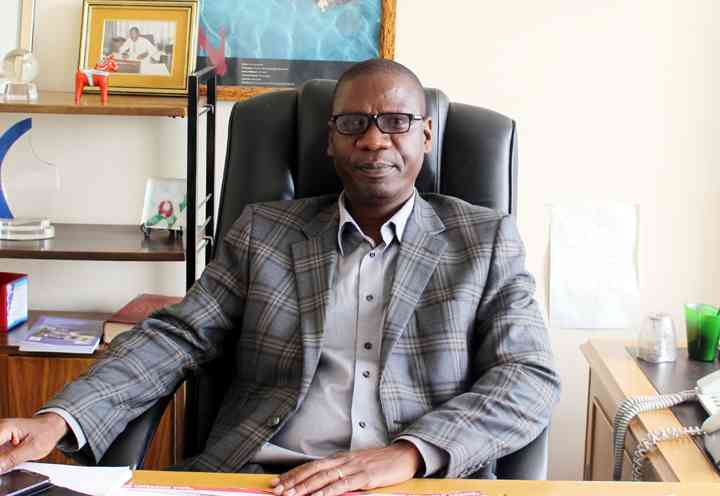
BY TATIRA ZWINOIRA
On Tuesday, ZUVA Petroleum announced that eight of its service stations would be accepting foreign currency payments as number of fuel operators continue to withhold the liquid.
ZUVA said four of its service stations in Harare as well as one in Bulawayo, Victoria Falls, Mutare and Beitbridge would be selling fuel in US dollars.
This comes as several fuel stations are reportedly only selling fuel in foreign currency without official clearance. NewsDay Business visited one such fuel station in the Harare suburb of Queensdale whose owners blamed the continued fall of the Zimbabwe dollar (ZWL).
Currently, the price of fuel is ZWL$19,55 and ZWL$18,28 per litre of diesel and petrol, respectively, while the parallel market rate is US$1:ZWL$30.
The announcement came a day after the Reserve Bank of Zimbabwe governor, John Mangudya, in the 2020 February Monetary Policy Statement (MPS) said:
“The bank believes that the macro-economic signals that include fiscal and monetary disciplines, prospects of positive economic growth and lower inflation are improving to support a gradual de-dollarisation process within a timeframe of 5 years.”
Also, on Tuesday, considering the passport backlog of 400 000, Home Affairs and Cultural Heritage minister Kazembe Kazembe told reporters he had finally agreed to allow those with foreign currency to pay for passports using the greenback.
- Chamisa under fire over US$120K donation
- Mavhunga puts DeMbare into Chibuku quarterfinals
- Pension funds bet on Cabora Bassa oilfields
- Councils defy govt fire tender directive
Keep Reading
“That was approved by Cabinet, but we are waiting for the Statutory Instrument to be in place and the Ministry of Finance is working on that so it should be out,” he said.
The decision was because all the materials involved in making passports, including the “string itself” as explained by Kazembe, are imported.
As such, the two decisions taken after Mangudya announced the country was de-dollarising show, in fact, that on the ground Zimbabwe is re-dollarising, and doing so fast.
The proof in the pudding
During a Parliament sitting last week, Hatfield member of Parliament, Tapiwa Mashakada noted that the economy was re-dollarising.
“People are re-dollarising, retailers are re-dollarising, everyone. The real estate sectors are re-dollarising. People are charging US dollars. If you search honourable members pockets, they have got US dollars and not bond notes,” he said.
Later that same week, on the release of the Confederation of Zimbabwe Industries 2019 Manufacturing Sector Survey report, 37% of manufacturing companies cited foreign currency as their main challenge.
As a result, the companies suggested they be allowed to charge in foreign currency alongside the ZWL. In fact, NewsDay Business understands that many firms are already charging US dollar prices.
The practice had already was confirmed by the Zimbabwe Revenue Authority (Zimra), in a notice last month.
“It has come to the attention of the Commissioner-General of the Zimbabwe Revenue Authority (Zimra) that some businesses are trading in both RTGS$ and foreign currencies,” Zimra, in the notice, said.
The taxman went on to order all businesses engaged the practice to start paying their paye, value-added tax, income tax, capital gains tax, and mining royalties in foreign currency.
Fast food stores under Simbisa Brands and Slice Distributors (Private) Limited are also charging in US dollars, despite them only being allowed to do so when they have a foreign customer.
Pharmacies and private hospitals in the CBD are also among the establishments selling in US dollars.
Mashakada then asked Finance minister Mthuli Ncube: “How do you vaccinate against the re-dollarisation of the economy which is now a reality?”
Why the economy is redollarising?
The Zimbabwe dollar (ZWL) is hugely unstable.
In February 2019, the foreign exchange rate was US$1:RTGS$2,50 when the real time gross settlement (RTGS) balances were adopted as a currency. This later changed when the ZWL was reintroduced in June as the sole legal tender, that same year.
When the RTGS dollar was in operation it was running alongside multiple currencies which gave it a form of stability.
But, when the ZWL was reintroduced as the sole legal tender, without any market confidence, commodity or adequate foreign currency stocks it quickly fell to the current official rate of US$1:ZWL$18,20.
Another reason why the currency is losing value is that it lacks enough liquidity backing.
Policy inconsistencies and corruption have cost government market confidence.
For example, in early February 2019, just before the official adoption of the RTGS dollar, Harare East legislator, Tendai Biti, warned the nation that government was seeking to release a new currency and had already printed it.
Government later denied this assertion which later proved true when on February 22, it adopted the RTGS dollar.
The new printed currency came after the ZWL was reintroduced in November 2019. Such inconsistencies have led the market to not trust government.
“If people lose faith in a nation’s currency, the money will no longer hold value,” Investopedia said.











